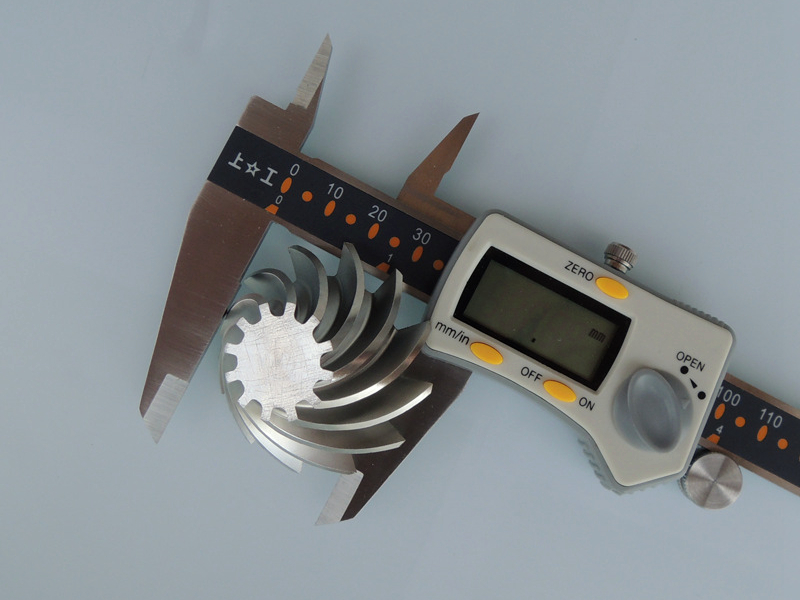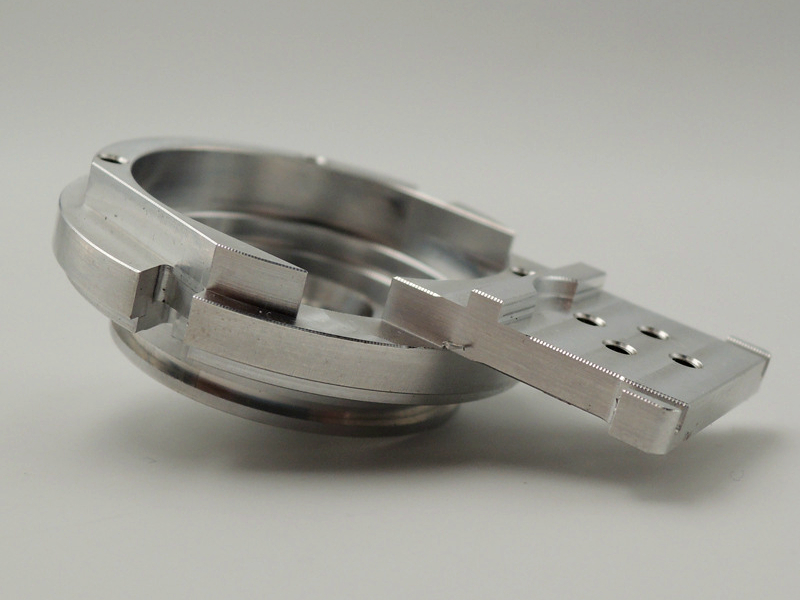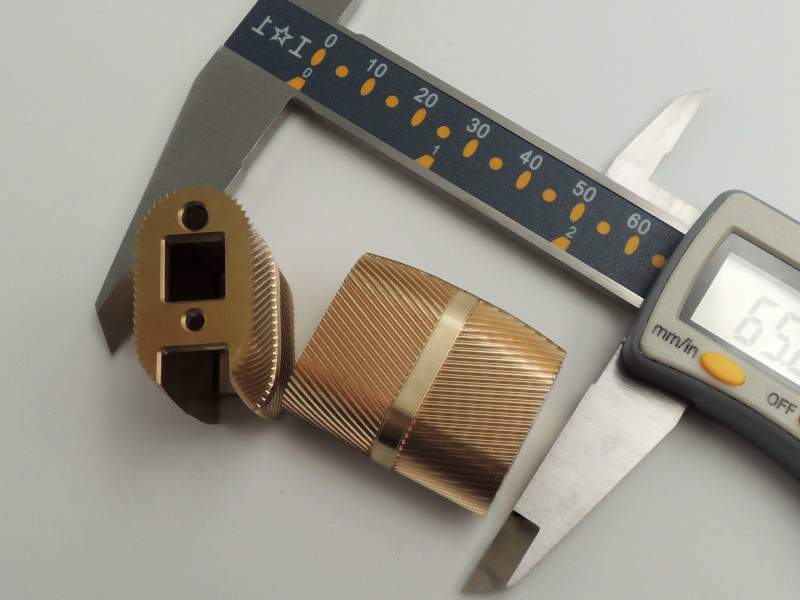材料选择如何影响CNC加工中的DFM?
材料特性决定加工策略
在可制造性设计(DFM)中,材料选择是影响加工时间、成本和尺寸稳定性最关键的决策之一。每种材料的硬度、导热性和切屑成形行为都会影响其在 CNC 加工 中的效率。例如,较软的合金(如 铝合金 6061-T6)允许更高的切削速度与更短的加工周期,适用于 CNC 铣削 或 CNC 车削;而较硬的金属(如 Inconel 718 或 钛合金 Ti-6Al-4V)则需要较慢的进给速率与专用刀具。DFM 流程会在早期评估这些参数,以在性能、交期与成本之间取得平衡。
根据材料特性优化公差与刀路
不同材料在切削载荷下的膨胀、收缩或变形行为各不相同,因此 DFM 原则会相应调整公差与刀具策略。例如,不锈钢(如 SUS304 或 SUS316L)在切削过程中会产生较高热量,若支撑不足,薄壁区域可能发生变形。通过应用 DFM,设计师可修改壁厚或圆角半径,以在不增加额外加工次数的情况下保持精度。对于高产量或高精度应用,采用 多轴加工 可缩短装夹时间,并确保刀具入射角度与材料刚性相匹配,从而提升一致性。
表面光洁度与后处理兼容性
材料选择也决定了可高效应用的表面处理工艺。DFM 会将表面要求(如铝件的 阳极氧化,或不锈钢的 钝化)直接纳入设计中,以确保尺寸完整性。硬质合金通常需进行 电解抛光 或 PVD 涂层,以在不需二次加工的前提下获得光滑且耐用的表面。通过在 CAD 模型阶段规划涂层与热处理,DFM 能避免后期调整,减少项目周期延误。
材料选择对不同行业的影响
各行业都能从定制化的 DFM 材料规划中受益。在 航空航天 领域,轻质且耐高温的钛合金与 Inconel 材料通过 DFM 优化,以减少刀具磨损与加工周期;汽车制造 项目依赖铝与碳钢组合,实现高通量与批量生产中的公差一致性;在 医疗器械 行业,DFM 确保如 SUS316L 或 PEEK 等生物相容性材料在加工与表面处理后仍保持平滑边缘与清洁度。在所有领域中,DFM 将材料挑战转化为可预测、可重复的加工成果。



